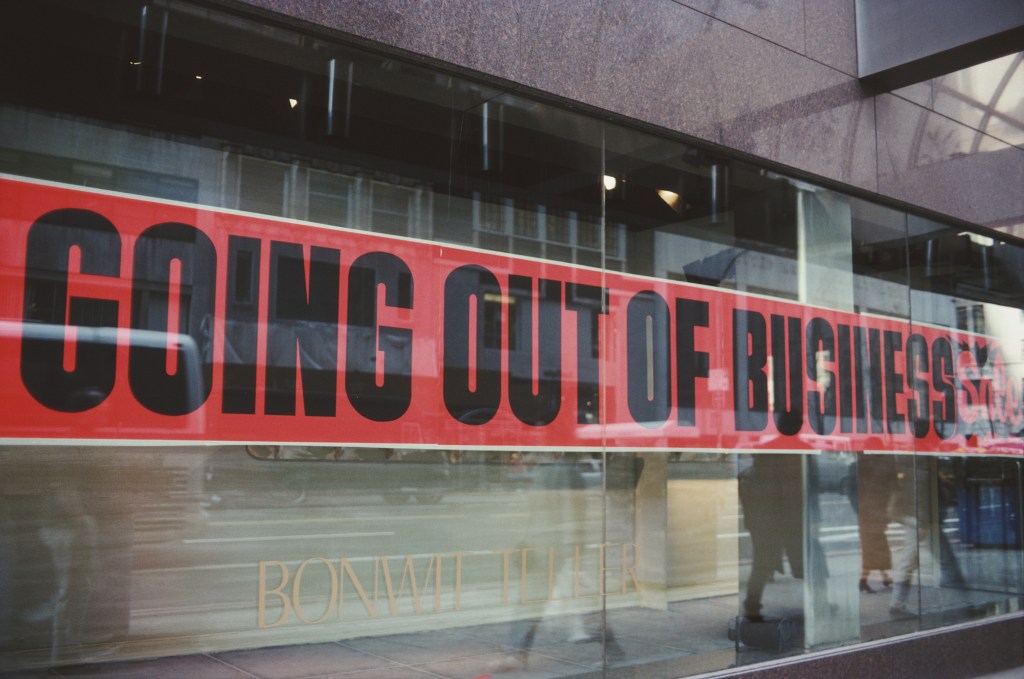Current market conditions, including rising inflation and interest rates, are resulting in an increase in distressed businesses.
Key Takeaways
- Rising inflation and interest rates are creating more pressure on businesses
- Retail, construction and services-based industries are most likely to see an increase in distress
- This is creating opportunity for competitor businesses looking to grow operations

Businesses looking for growth and opportunity are well-positioned to capitalise on persistent supply chain and cash flow issues by acquiring struggling competitors, according to HLB Mann Judd Sydney restructuring and risk advisory partner, Todd Gammel.
Gammel says current market conditions, including rising inflation and interest rates, are resulting in an increase in distressed businesses. These are businesses struggling to generate sufficient revenue or income to meet or pay financial obligations. Some distressed businesses may be in a formal process like administration or receivership, or not in a formal regime, but facing issues like supply challenges.
But the increase in distressed businesses is creating opportunity for those looking to grow or expand their offerings through acquisition.
“Industries where there’s an inability to pass on changes in costs, such as construction and also retail and service-based sectors, will likely see an increase in distress,” Gammel says.
“However, this presents a unique opportunity for businesses in the sector to expand and grow operations, by acquiring another business at a value lower than it would cost to build from the ground up, with the potentially added value of additional skilled workers.”
Scale and margin
Gammel says businesses looking to acquire a distressed competitor can gain immediate scale, and improve the margin and market position of both businesses by operating as a single entity.
“Businesses operating in highly competitive markets have likely been undercutting each other for a number of years, which is now causing financial stress,” he says.
“In the current market, labour shortages remain a key issue, but purchasing a distressed business can afford the acquirer with a level of skills and resources they would have otherwise been unable to easily source.”
With the Reserve Bank of Australia in the process of lifting interest rates, Gammel says prospective buyers of distressed businesses might have missed the opportunity to use cheap money. However, they can still find value.
“It’s a rare scenario… Many small business owners in particular, have reached a point where they need an exit strategy,” he says.
“It’s just about how a purchaser approaches the process, understanding of vendor motivations and what issues could arise – a thorough due diligence process is crucial to ensure the investment of the acquisition is maximised.”
This is not investing advice and should not be read as anything other than educational information. It does not take your personal circumstances into account. Seek professional investing and tax guidance before acting on any of the information in this article.